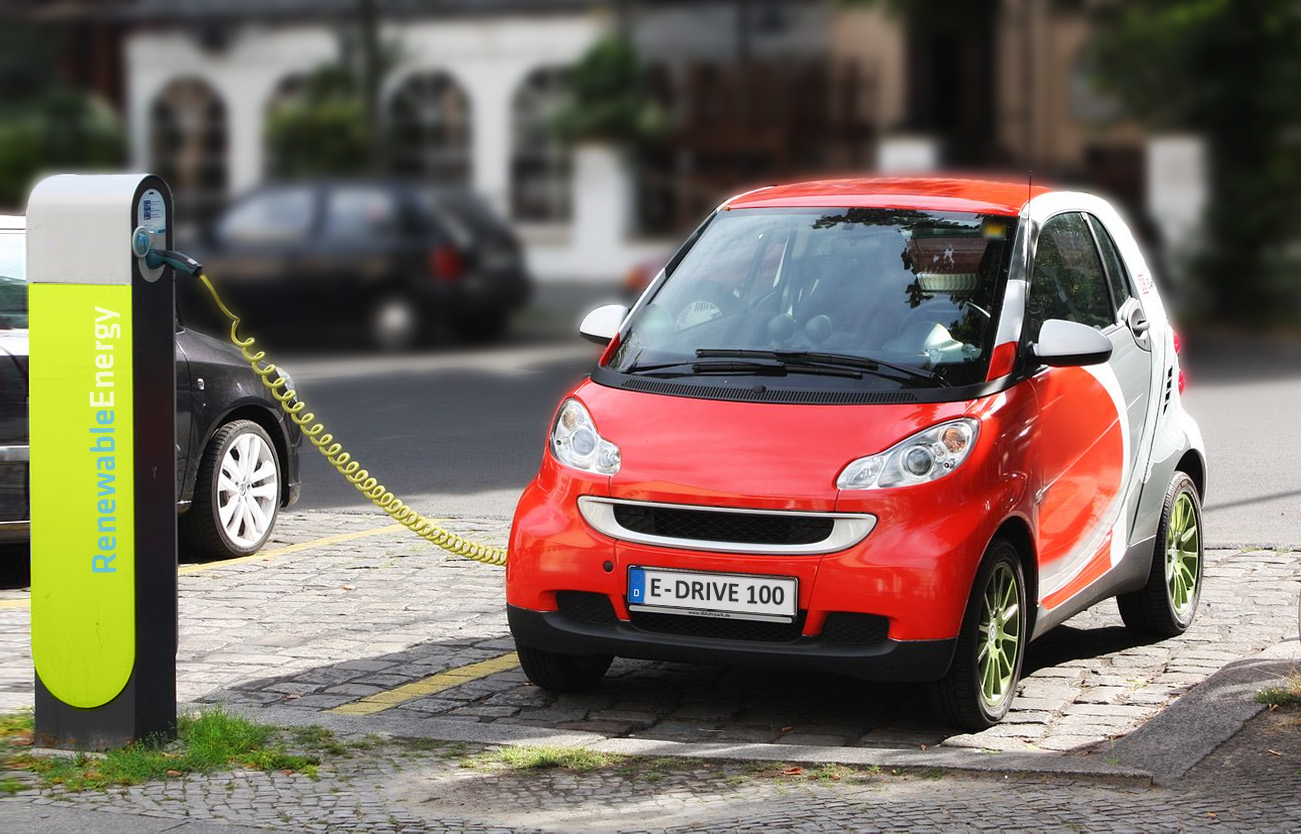Even though the British government has made it clear that the future is not in fossil fuel powered vehicles, a lot of households are still debating the advantages of an electric car. Indeed, at a time where most people need to commute on average an hour to go every day, it’s easy to see how an electric car could make it difficult to maintain a healthy work/life balance. After all, who’s got time to put their car on charge for 12 to 18 hours to be able to get to the office on the next day? You can’t just top it up at the pump in a matter of minutes like you would with a diesel or an unleaded petrol engine. Additionally, there is no denying that electric vehicles have not yet addressed all the issues that environmental and legal institutions have complained about regardless fuel-powered engines. So the question remains open for now: If there a way to reduce the many costs of an e-car?

What are the hidden costs of electric cars?
Electric cars are expensive
For the time being, buying an electric car is an expensive purchase. For a start, even the best selling electric vehicle in the UK, the Nissan LEAF, costs on average £8,000 more than the best selling family favourite car, the Ford Fiesta. For a family budget, £8,000 is not the kind of expense that can be easily ignored. Besides, you need to add the running costs of maintaining an electric engine. A 1.2L petrol engine will need a refuel after roughly 300 miles, and you can expect to pay between £35 and £40. But the Nissan LEAF will need charging after 100 miles, which means that you also need to check for charging stations along your route.
But things will change
Additionally, if you’re looking for a cheap auto insurance, you’d better stick to the Ford Fiesta for now. Electric cars are indeed around £330 more expensive to insure at the moment. Admittedly, it doesn’t mean that you should ignore the option of buying an e-vehicle as you can expect that technology will improve rapidly. Along with the legal incentives, it’s likely that within the next 10 years, electric cars will become cheaper to insure compared to fossil fuel engine, as we’ll get closer to the 2040 deadline set in the UK.
There are already eco-friendly actions
There has been a lot of discussion in the recent years about the green benefits of electric vehicles. Indeed, it’s impossible to ignore the cost of production on the environment. Indeed, the lithium contained the car batteries come from environmentally destructive mines, which are linked to the creation of highly toxic chemicals that are regularly dumped back into the environment. In other words, until this process can be improved, it’s hard to think of electric vehicles are green cars. However, there are green actions that can help to improve their running costs for your wallet and the environment. Indeed, Smart Green Batteries SARL has patented charging stations using recycled oils to charge your car.
In other words, e-cars still come at a high cost in terms of environmental protection, financing, and practicality. However, there are indications that this cost can be decreased through technological progress over time.

